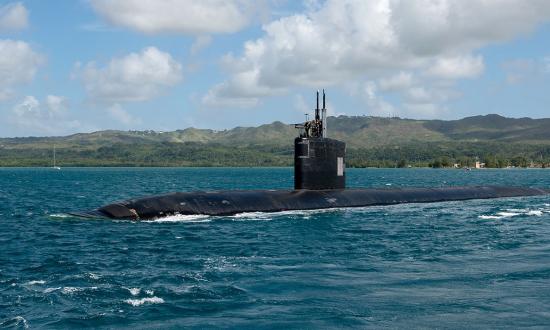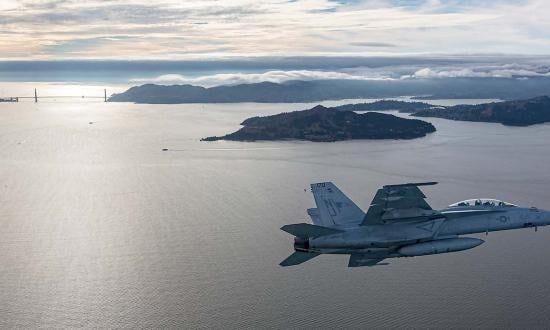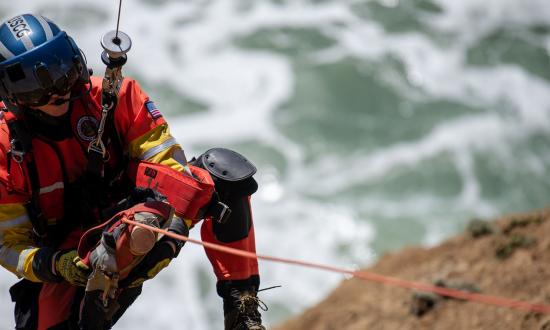For the past few years, I have been particularly proud of the November Proceedings—our annual focus on the Marine Corps. As this issue came together, I was pleased with each article and commentary on its own, but the sum of all the parts is truly impressive. The topic of naval integration has featured prominently in Proceedings for several years, and from my perspective it seemed the Marine Corps was leading the conversation. Marine Corps Commandant General David H. Berger fired the starting gun in 2019 when he wrote, “To succeed, we must possess the capability to persist within the arc of adversary fires. We must evolve into the nation’s ‘stand-in’ force.” And immediately following his commentary, that year’s Marine Corps Essay Contest winner was Major Brian Kerg’s “What Does the Navy Need from the Marine Corps?” The critical thinking and writing had begun.
General Berger is back in our pages again this month, fleshing out what he started two years ago, with “A Concept for Stand-In Forces.” The winner of this year’s Marine Corps Essay Contest (sponsored by BAE Systems) is Navy Lieutenant (junior grade) Jeong Soo Kim. His “Design the Littoral Combat Team Around Its Core Mission” calls for Marine littoral regiments to be less infantry-centric and more focused on killing enemy ships and establishing forward arming and refueling points. Major Kerg took second prize this year (yes, our essay contests are all still judged in the blind!), and 1st Lieutenant Karl Flynn, U.S. Marine Corps, took third prize.
Lieutenant Kim isn’t the only Navy person thinking about the Marine Corps these days. Chief Petty Officer Elliott Fabrizio, currently ship’s company on board the USS Constitution in Boston, argues “Bring Back the Constitution’s Marines.” Retelling history of “Old Ironsides” Marines, he suggests the Navy–Marine Corps team is missing an opportunity by not having Marines in the ship’s complement today. Lieutenant Rob Swain’s “Lessons from Rotary Wing Navy–Marine Corps Littoral Operations,” is about a recent effort by “blue–green” helicopter crews to forge new integrated tactics.
In the daring category, Marine Captain Will McGee questions a fundamental assumption of expeditionary advanced base operations (EABO) in “The Marine Corps’ Dangerous Shift to Defense.” I’m not sure I agree with him that EABO is defensive in nature, but I suspect this article will generate letters in the coming months—and probably discussion within HQ Marine Corps. In “NMESIS Now,” 1st Lieutenant James Winnefeld, U.S. Marine Corps, writes about how the service can integrate its newest weapon system (which includes the Naval Strike Missile) to maximize its potential.
As the Marine Corps shapes its stand-in capabilities, including antiship fires, this month’s American Sea Power Project chapter is Trent Hone’s “Sea Control and Command of the Sea Remain Essential.” Hone is the prize-winning author of Learning War (Naval Institute Press, 2018) and his Sea Power Project contribution is another foundational article in the ongoing series.
Finally, the Naval Institute’s own Denis Clift writes the monthly Lest We Forget column—always educational. This month he reviews the October 1950 Proceedings article by Marine Colonel Robert D. Heinl. At a time when the Marine Corps was under attack, Heinl made a passionate argument for why the nation needed it. “Voltaire declared, ‘If God did not exist, we should have been compelled to invent him.’ We might well reshape that epigram by the statement that if the Marine Corps did not exist today, the United States would have to invent one.” Happy 246th birthday, Marines!







